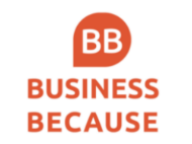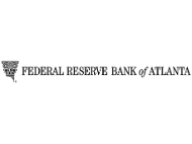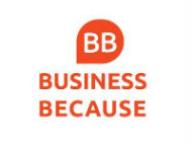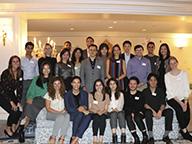Faculty News
—
Professor Pankaj Ghemawat is featured in a story highlighting the Thinkers50 list of the 20 most influential business minds of 2019
—

Excerpt from BusinessBecause -- "Thinkers50, the premier ranking of global business thinkers, today announced its 2019 ranking of management thinkers and the winners of its 11 Distinguished Achievement Awards."
Read More
Read More
Faculty News
—

Excerpt from BusinessBecause -- "Thinkers50, the premier ranking of global business thinkers, today announced its 2019 ranking of management thinkers and the winners of its 11 Distinguished Achievement Awards."
Read More
Read More






















